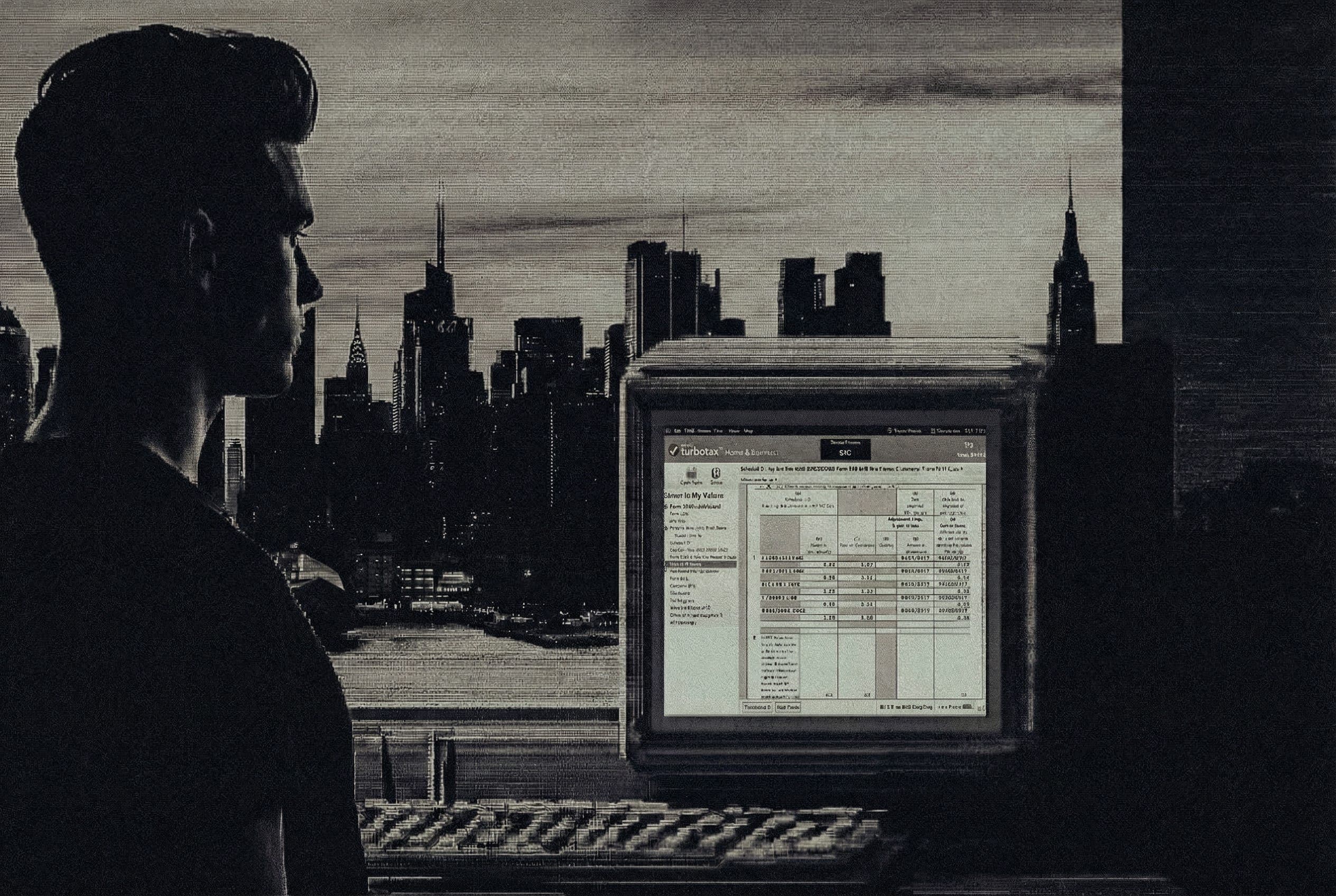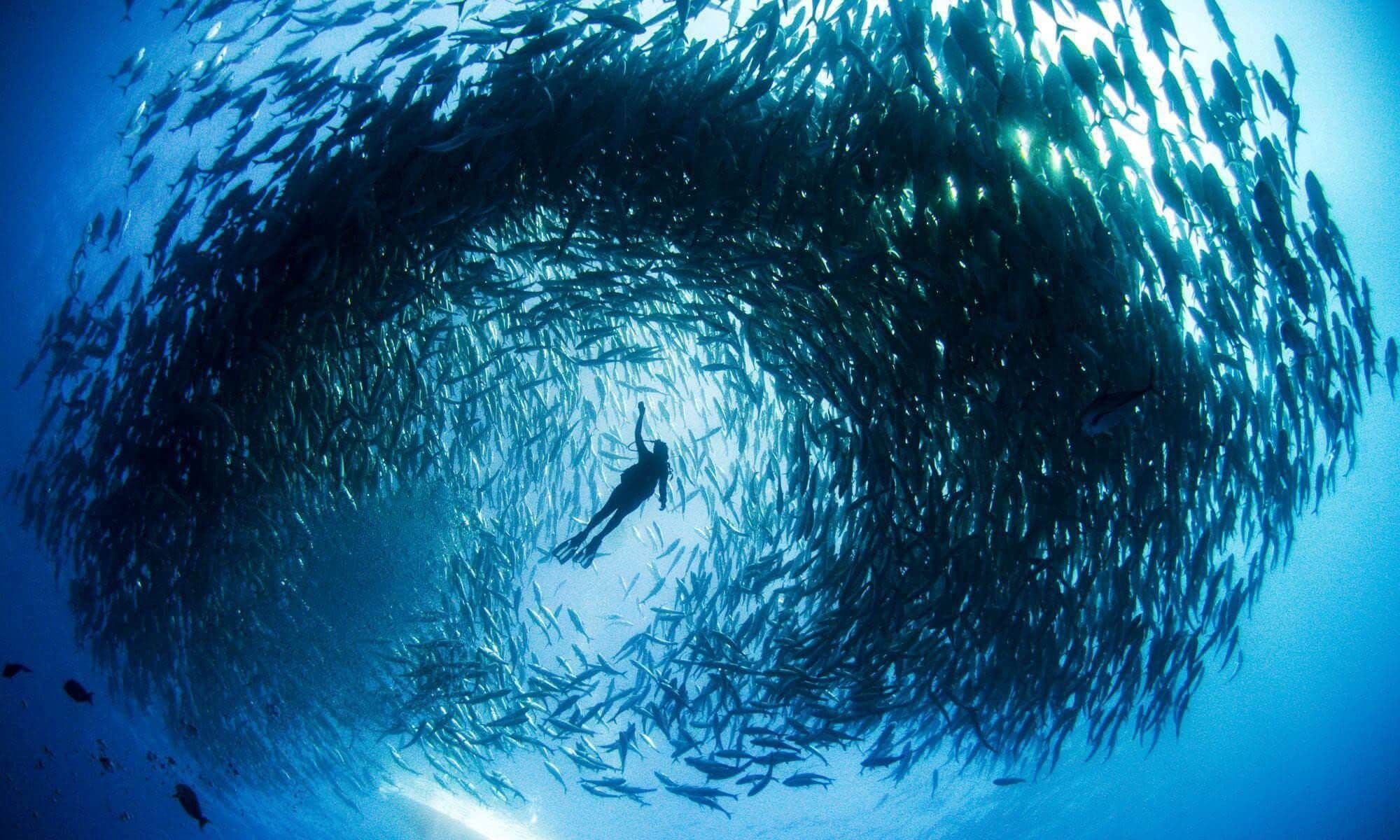
Area Investment Banker Over ItFeb 19
an epic rant from an anonymous investment banker in mamdani's new york
Jun 8, 2021

Schooled. In a split second, fifty-thousand shining silver fish in rapid forward motion lift up, pivot sharply to the right, and rocket in a new direction. The turn is so fast, with the shift of each fish so immediate, it looks to the human eye as if the school has taken a single action — as if it were itself a single organism. But a school of fish is not a hive mind. In fact, for the schooling adaptation to function no individual in the collective can really think at all. A few fish react to outside stimuli, usually some perceived threat, and veer into the thin space between neighbors called the zone of repulsion. This triggers a turn, the action is repeated immediately across the entire collective, and a new course is set. Last week, Facebook decided it would no longer censor claims that Covid-19 came from a lab, which a year ago the mysterious amalgamation of ‘serious’ sources from which Facebook absorbs its censorship instructions deemed beyond-the-pale disinformation and blacklisted from public discourse — a turn. Today, on the question of the lab leak hypothesis the media has turned once again, and the present threat is obvious: institutional credibility is at risk. Regardless of where the media’s head has been on the issue, serious scientists, working from respected labs, have been concerned about the origin of Covid-19 for over a year, and remain concerned. The lab leak hypothesis is compelling, of potentially paradigm-shifting importance in the realm of geopolitics, and is presently attracting bi-partisan curiosity. Any media institution that refuses to at least acknowledge this as worthy of consideration will, if the hypothesis proves out any further, irreparably shatter its last remaining bit of public trust. Simple. But a year ago, where was the threat in acknowledging a rare bat coronavirus could possibly have leaked from the rare lab conducting gain-of-function research on rare bat coronaviruses in Wuhan, the city of Covid-19’s origin? More importantly, who triggered the turn, and why?
Yesterday, The Wall Street Journal reported back in May 2020 the Lawrence Livermore National Laboratory in California found it plausible Covid-19 leaked from a lab, which precipitated a State Department inquiry. Two weeks ago, the Wall Street Journal reported three researchers from China’s Wuhan Institute of Virology were hospitalized with Covid-like symptoms in November 2019, immediately preceding the pandemic. But consensus gatekeeper discourse on Covid-19’s origin first cracked back in January of this year with a piece from New York Magazine, which is to say while a few supporting facts have very recently been added to the “wait a minute what’s happening over there at that evil government lab” column, media opinion on the subject has been largely decoupled from available information on the subject for over a year. The only thing that’s changed is how we talk about what has always been a compelling possibility of potentially incredible consequence. Did China do this, if even inadvertently? If so, how, and can this happen again?
That the rules governing acceptable speech concerning topics of such monumental importance can so dramatically shift, for an entire nation, based on nothing, is of course damning of our entire media and, far more so, social media. This is especially true given the now-open thirst for national levers on speech that our gatekeepers would presumably themselves control — and in fact did control, if unofficially, on this particular issue. A year ago, the language used to describe the lab leak was purposely aggressive — “debunked,” “conspiracy,” “disinformation.” This was a signal to social media executives: remove this conversation from public, or be a part of the story, and just in time for summer tech hearings. As should come as no surprise, with the sharp shift in discourse there’s been a literal re-writing of the past, an increasingly-common practice in our newly-malleable internet reality (a broader topic I wrote about at length for my subscribers in a two-part piece called Tether back in December). After the media succeeded in stifling a national conversation, much of the press’ harshest language on the subject was simply scrubbed from existence.